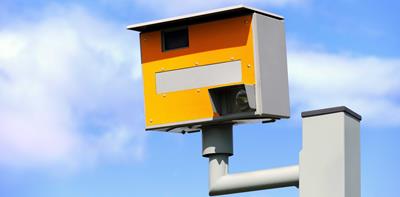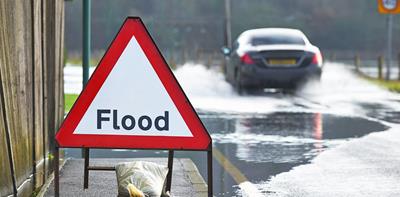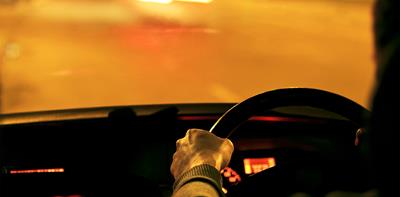
Collisions with animals are a real danger for many drivers. In fact, 629 people were injured and four killed in accidents involving animals on UK roads in 2017, according to the latest government figures.
These collisions also take a tragic toll on wildlife. Although the full extent of animal road casualties is not known, the RSPCA says that more than 74,000 deer are involved in collisions with vehicles each year.
Warning signs
Road signs alert drivers when there is a higher risk of encountering an animal on the road. There are signs warning drivers of wild horses, migratory toads, and farm animals like sheep and cattle, among others.
In June 2019, the government unveiled a new traffic road sign, featuring a hedgehog. As well as protecting hedgehogs - whose population has halved in rural areas since 2000 - these signs are also designed to warn drivers of other small wild animals, such as squirrels, badgers and otters.
Safe driving to avoid animal collisions
Drivers are perhaps most wary about the risk of hitting deer. This may be due to the fact that there are around two million deer roaming wild in the UK, which can grow quite large and often wander onto roads.
So, it’s important drivers are aware of how to drive safely to avoid colliding with deer and other animals, and then what to do if they do encounter them on the road:
- Animals can be unpredictable, so if you see animal warning signs or are travelling through areas with a high wildlife population - such as a heavily wooded stretch of road - check your speed and stay alert.
- Take extra care in May and then from mid-October to December, as most traffic collisions with deer occur in these months.
- If you’re driving in the dark, use full-beam headlights when you can as they’ll illuminate the eyes of deer and other animals. But, if you do see a deer on the road you should dip your headlights as they may be startled and freeze on the spot.
- If you see a deer, look for others, as they are often in groups.
- Try not to suddenly swerve to avoid an animal on the road, as hitting oncoming traffic could lead to a more serious collision. Also, only brake sharply and stop if there is no danger of being hit by a vehicle behind you.
- If you need to stop, pull over in a safe place - as far away from an animal as possible so you don’t scare it, and put your car’s hazard lights on.
- If you hit any of the following animals you must by law stop and call the police, whether the animal is killed or not. This applies to dogs, horses, cattle, pigs, goats, sheep, donkeys and mules. Cats are not currently on this list, but, if you hit one, the decent thing to do is to try and work out who they belong to; check the collar in the first instance.
- You can also report an injured animal to the RSPCA or call your local council as they will remove the remains of a dead animal.
Your insurance
Colliding with an animal can also cause serious damage to your car. A comprehensive insurance policy should cover any damage to your vehicle if you collide with an animal, but it’s important to check this with your individual insurer, as this may vary for each insurance policy.
No £25 admin fee
When you update your policy online, e.g. amend driver, address or car details.


